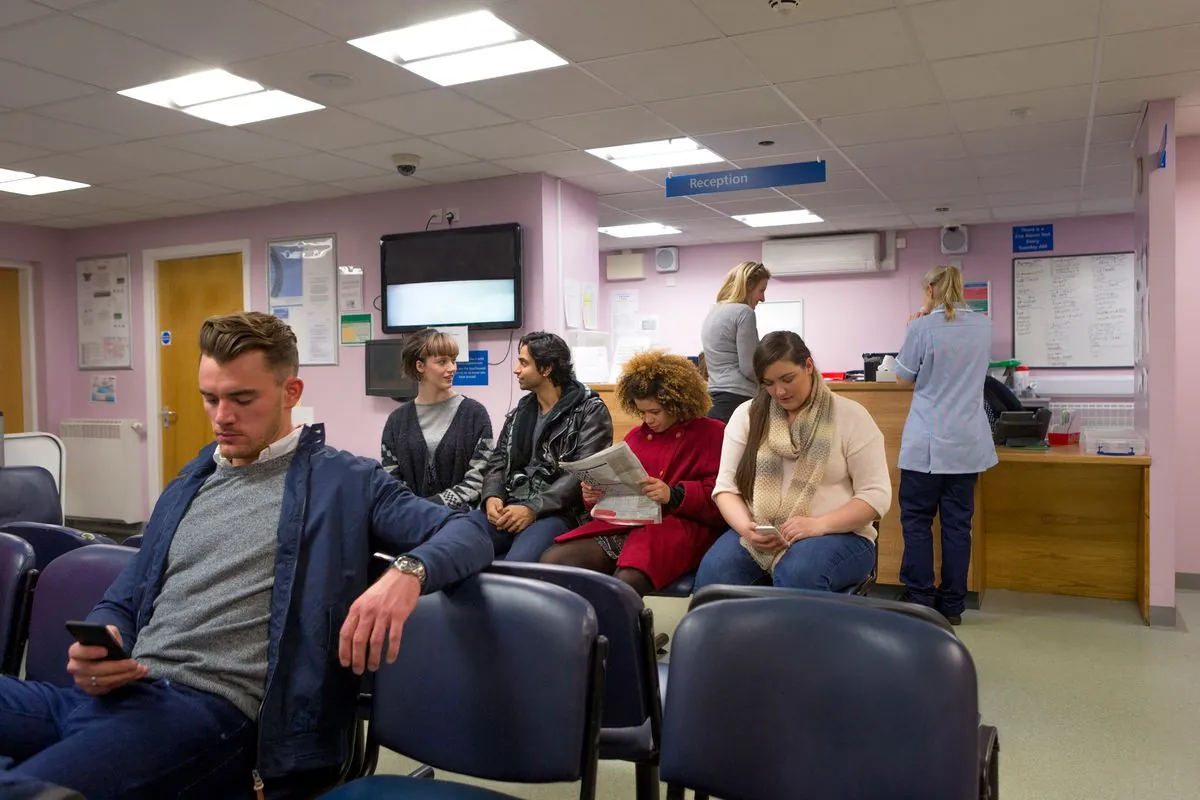NHS Crisis: Darzi Report Reveals Urgent Need for Reform
Lord Darzi's investigation exposes critical issues in the NHS, including extended A&E wait times and productivity concerns. The report calls for significant reforms to address healthcare challenges and boost economic growth.

The National Health Service (NHS) in the United Kingdom is facing a critical juncture, as revealed by a comprehensive 242-page investigation led by Lord Darzi. The report highlights several pressing issues, with one of the most alarming being the dramatic increase in Accident and Emergency (A&E) wait times.
Fifteen years ago, patients arriving at A&E could expect to find 39 people ahead of them. Today, that number has surged beyond 100, according to the latest data. This stark increase in wait times is just one of the many challenges facing the NHS, which was founded in 1948 and has since become the fifth largest employer globally.
The investigation, commissioned by Health Secretary Wes Streeting, involved analysis of over 300 pieces of data and evidence from 227 organizations. It paints a concerning picture of the NHS's current state, particularly in emergency care. In 2010, 94% of A&E patients were seen within four hours. By May 2024, this figure had plummeted to just over 60%, with nearly 10% of patients waiting 12 hours or more.

The report suggests that these extended wait times may be contributing to an additional 14,000 deaths annually - a figure that surpasses twice the number of British Armed Forces combat deaths since the NHS's inception. Lord Darzi concludes that the state of A&E is "awful," a sobering assessment given that the NHS deals with over 23 million A&E attendances each year.
Despite an increase in hospital staff numbers by 17% since 2019, the NHS has struggled with productivity. The report indicates that hospital productivity is at least 11.4% lower than in 2019, creating a significant obstacle in clearing backlogs. This decline in productivity is evident across various metrics, including surgical activity and outpatient appointments.
The investigation also highlights a critical shortfall in capital investment, estimated at £37 billion. This underfunding has resulted in deteriorating infrastructure, with some facilities described as "crumbling" and "decrepit." The report emphasizes that this lack of investment has hindered the NHS's ability to embrace technological advancements, describing the last decade as "a missed opportunity to prepare the NHS for the future."
In terms of international comparisons, the UK lags behind in cancer care outcomes. The report reveals that "no progress whatsoever" was made in improving early diagnosis of cancer between 2013 and 2021. Death rates from cancer in the UK are substantially higher than in other Western European and Nordic countries, as well as the US, Canada, Australia, and New Zealand.
The NHS's challenges are not only affecting patient care but also impacting the broader economy. A record 2.8 million people are economically inactive due to long-term sickness, an increase of 800,000 from pre-pandemic levels. This rise is primarily attributed to mental health conditions and musculoskeletal issues, particularly among young people.
"Raise taxes on working people to meet the ever-higher costs of an ageing population – or reform to secure its [the NHS's] future. We know working people can't afford to pay more, so it's reform or die."
The report concludes that significant reforms are necessary to address these challenges and improve the NHS's contribution to national prosperity. As the NHS continues to face mounting pressures, including an aging population and increasing treatment costs, the need for effective reform has never been more critical.


































